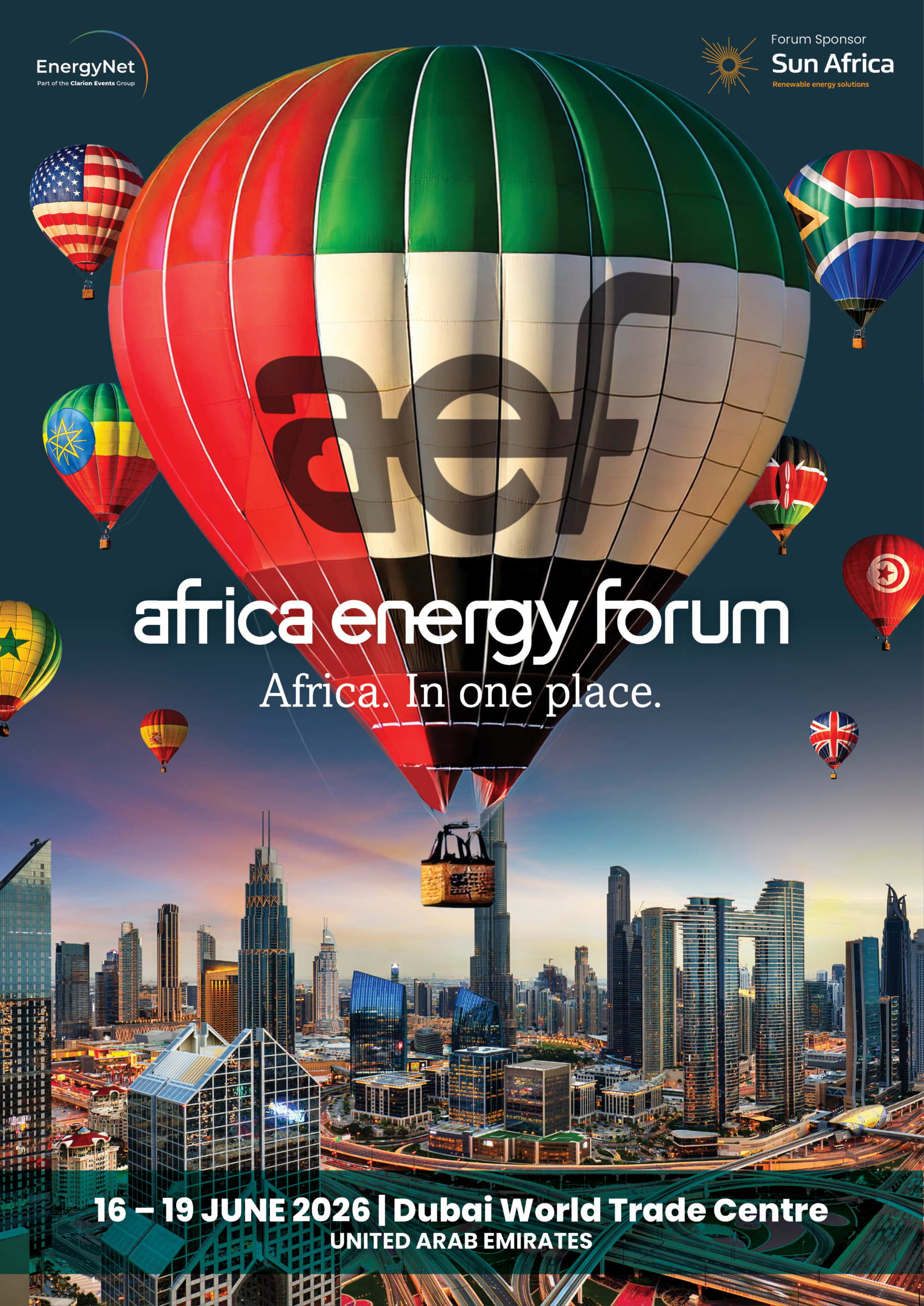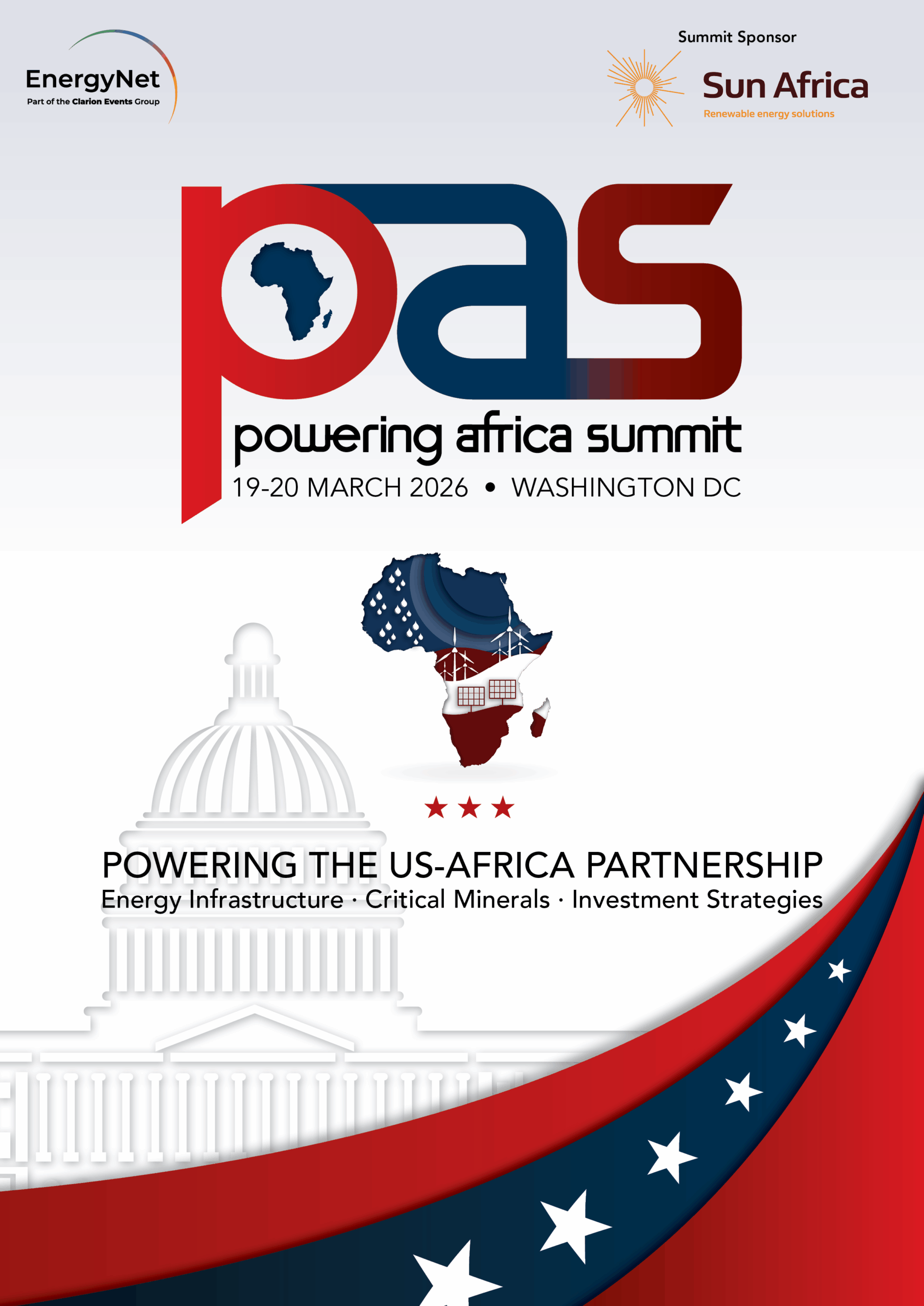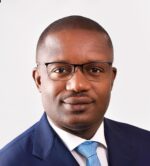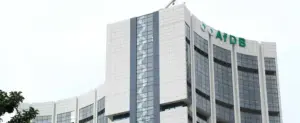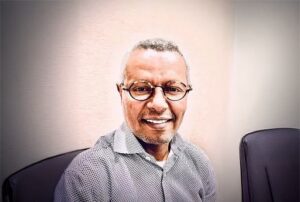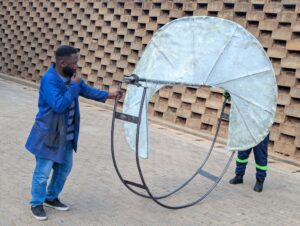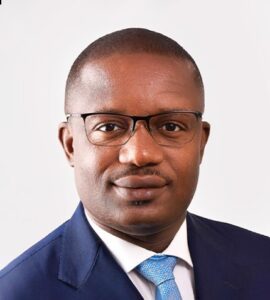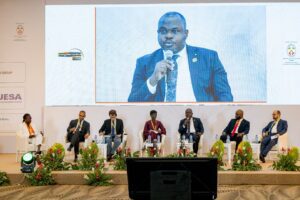
Local Power, Global Goals: How ZE-Gen Aligns with Africa’s Sustainable Energy Future
Damilola Hamid Balogun, Project Lead, Powering Lagos SMEs & CEO/Co-Founder, Youth Sustainable Development Network.
Damilola Hamid Balogun is a systems thinker, legal professional, and social impact entrepreneur shaping Africa’s clean energy and climate future. A Forbes Africa 30 Under 30 (2025) honoree, he drives sustainable development and climate equity across the continent.
As Co-Founder and CEO of the Youth Sustainable Development Network (YSDN), he leads a youth-led movement advancing SDG 7 and SDG 13, training 12,000+ youth in 50+ countries, executing projects in 20 nations, and cutting 6,650+ tCO₂e. His projects—worth over $500,000—include the CoolCycle Project (solar cold chain for farmers) and Solar Cool System Project (AI, blockchain, and solar for agriculture).
In a recent interview he revealed his current projects in West Africa and beyond.
1. With your leadership in driving the Powering Lagos SMEs project, what is the core mission of the project, and how do you envision its impact unfolding across different regions?
The core mission of Powering Lagos SMEs is to enable small businesses in Lagos to transition from fossil-fuel dependent, expensive, and unreliable generators to clean, affordable, and reliable solar energy solutions. It’s about reducing energy costs, improving operational consistency, cutting emissions and helping SMEs grow in a cleaner environment.
I envision its impact unfolding in several ways across different regions:
Urban commercial hubs like Ikeja and Idumota in Lagos:
We expect rapid uptake once awareness, trust and demonstration are visible. Solar kiosks, media campaigns and finance models will help reach many businesses that currently rely heavily on generators.
Other Nigerian cities and states:
Once the model is proven in Lagos, it could be replicated in similar market clusters (electronics, ICT, printing, logistics). The tools (cost savings calculator, stakeholder engagement, financing partnerships) can be adapted to local needs.
Across Africa:
The challenges (generator dependence, high fuel cost, low trust, affordability) are similar, the solution approach can be scaled to other cities and regions through ZE-Gen. Generation of awareness, proof and partnerships can lead to broad regional impact, less carbon emissions, more resilience.

Pictured: Idumota Market where solar solutions were deployed.
2. In what ways do you see this ZE-Gen contributing to local communities, the clean energy sector, and Africa’s wider economic and environmental development goals?
ZE-Gen contributes in multiple dimensions:
Local communities and SMEs:
Lower energy costs, better reliability, less noise, less air pollution, and more stable operations. That means longer business hours, less downtime, and more predictable income for SME owners.
Clean energy sector:
It helps build market confidence in solar for productive-use loads (not just lighting or phone charging), enabling vendors to improve product and service quality and fostering more accessible financing models.
Economic development:
SMEs are engines of job creation. Reducing their fuel overheads allows them to reinvest in growth, buy better equipment, and scale operations. Cheaper energy can also lower the prices of goods and services they provide.
Environmental goals:
Less diesel and petrol generator usage means fewer greenhouse gas emissions, better urban air quality, and a reduced carbon footprint. This aligns with national policies (Nigeria’s Energy Transition Plan, Lagos State Electricity Law, etc.) and global commitments under the UN SDGs and Paris Agreement.
3. What message or guidance would you share with young professionals and entrepreneurs who hope to champion similar clean energy solutions in their countries?
Start with listening:
Engage with the people you want to serve. Understand their costs, perceptions, and needs. What does energy use look like in practice? What are they paying now, and what are they willing to pay?
Design for trust:
Demonstrations and proof-of-concept matter. Seeing solar power real business equipment in familiar settings is far more convincing than theory. Pay attention to financing and delivery models early—affordability is often the biggest barrier. Think about pay-as-you-go, lease-to-own, group purchase, or guarantor models (like using associations or market unions).
Partner widely:
Work with local associations (like ASBON in Lagos), vendors, regulatory bodies, and media, as well as mentors and funders who understand the local context.
Be patient but adaptive:
Things will not go exactly as planned. Use early feedback to refine messaging, technical specs, and stakeholder engagement. Always monitor your impact and be ready to improve.
4. Were there specific partnerships, mentors, or past experiences that shaped your approach to designing and implementing this campaign?
Damilola:
Yes, several, including:
Working with ASBON (Association of Small Business Owners of Nigeria) has been essential. Their network gave access to SMEs, understanding of nano, micro vs. small enterprise usage, and trust.
Partnering with generator distributors and solar vendors early told us what assumptions (e.g., about solar reliability or cost) were off—for example, default in pay-as-you-go models, cost concerns, and trust gaps.
The funders through ZE-Gen / IKEA Foundation / Carbon Trust pushed for strong evidence backing (Market Analysis, Implications). That shaped how we structured our demos, awareness toolkit, and M&E so far.
Experience from past solar and energy transition work taught us that visibility and peer proof are critical. Also, that policy frameworks (Lagos State Electricity Law, Electricity Act, etc.) need to be aligned and engaged with from the start.
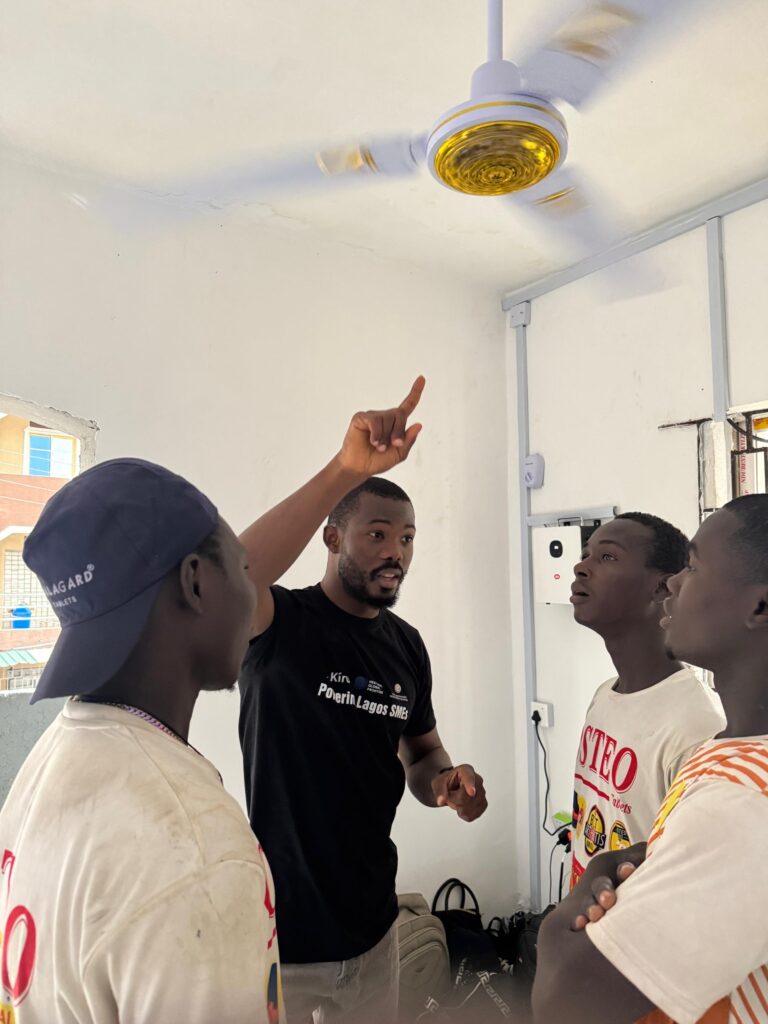

Pictured: Damilola collaborating with business owners
5. How would you advise youth attending YES! On The Road Ghana to make the most of this event?
Be curious: Ask questions about local energy realities. What are the costs? What are the barriers? Don’t assume what works in Lagos or Nigeria is exactly the same elsewhere.
Network with purpose: Meet other entrepreneurs, funders, and policymakers. Build relationships that might become partnerships—especially with those experienced in financing, regulation, or tech delivery.
Listen to people on the ground: Markets, associations, and business owners often reveal what needs to be done for real impact through their stories and experiences.
Document your insights: Note what works and what doesn’t. These lessons become invaluable when designing your own project or scaling.
Be bold: Try proof-of-concepts, even small ones. Demonstrations, pilot kiosks, or micro-trials can help you build credibility and learn fast.


